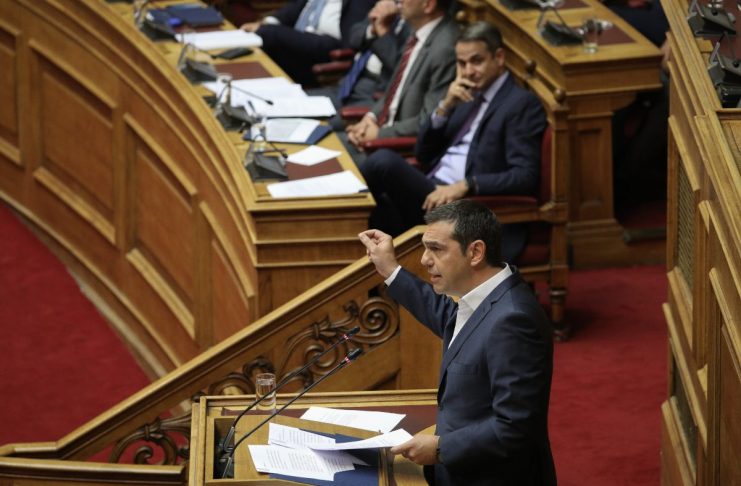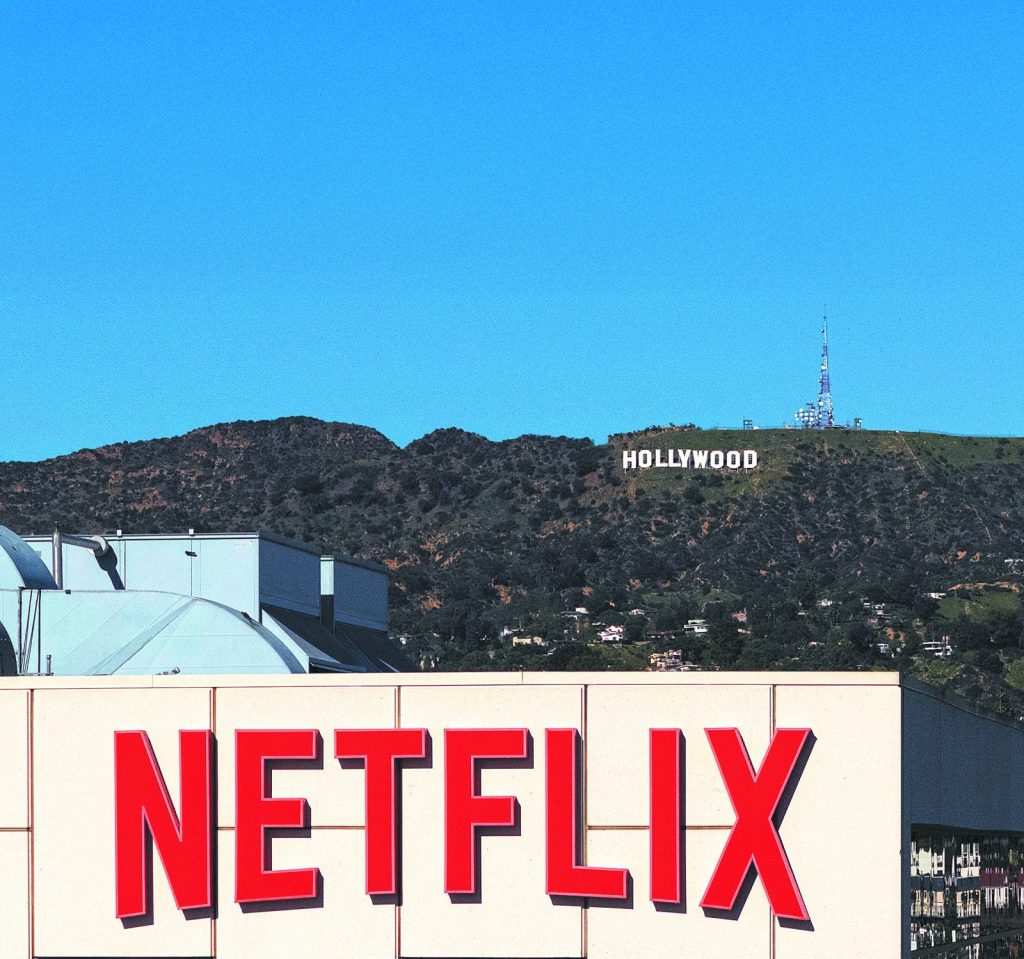By Yannis Pretenteris
Before 2015, SYRIZA had a theory that the country was in the grip of a “sinful triangle”, of a corrupt intertwining of the mass media, banks and the government. That, of course, was when SYRIZA was not in power.
The basic idea was not original. It had previously cropped up in Latin America, where various local “SYRIZAs” had hatched this brilliant theoretical concept.
In 2015, SYRIZA formed a government and the “sinful triangle” disappeared. The mass media were directly called upon to be subjugated or (at least) to align with the government in order to serve the “truth” and not corrupt vested interests.
Those who were not persuaded to repent were threatened with obliteration, along with the “sinful triangle”.
That was in contrast to banks, which swiftly repented and did not have many qualms about helping the government for the sake of “truth” – especially after the recapitalisation of 2015 which triggered well-known results.
In 2019, SYRIZA was defeated and became the main opposition party. It is not clear who was to blame. Certainly, one person the main opposition blamed was [PM Kyriakos] Mitsotakis who “exploited the [102] dead” in the Mati wildfire, and also super-patriots, who opposed the Prespa Agreement on the naming of Northern Macedonia. Perhaps there were others, such as an “anti-SYRIZA front”.
What is certain is that SYRIZA was not to blame. If I am not mistaken, those were the first elections in the world in which the loser bore no responsibility for defeat!
Since 2019, New Democracy has cemented its political predominance and SYRIZA has gradually grown weaker. That is recorded in every opinion poll and by any journalist who does his or her job properly.
It is patently obvious that Mitsotakis has monopolised the political terrain and that SYRIZA for various reasons is not attractive to voters.
Who is to blame? For the opposition it is certainly not SYRIZA, which cannot persuade voters, that is responsible.
Now, the blame belongs to another “sinful triangle”. This time around it is comprised of polling companies, the mass media of course, and the government. The same old story!
I imagine that it never crossed the mind of the opposition that it is not appealing because it represents a very small, minority current in Greek society.
Nor have they considered that SYRIZA is not appealing because as regards all issues on the political agenda – from the Prespes Agreement to [convicted N17 terrorist Dimitris] Koufodinas, and from COVID-19 to the purchase of frigates – it has never once aligned itself with the social majority.
They have also not considered that SYRIZA fails to persuade because the people who represent the party in public debate – from [former education minister] Nikos Filis to [spokesman] Nasos Iliopoulos, Pavlos Polakis, and Dimitris Tzanakopoulos, have absolutely no acceptance and recognition beyond a small circle within SYRIZA.
None of that is to blame. The media and pollsters are the problem.
Even as regards the so-called “anti-SYRIZA front”, the opposition cannot understand that it is a deep current in Greek society that at every turn expresses itself in many ways and on various levels.
They think it is simply an issue of the orientation of “party leaderships” and they celebrate when on any issues the government is “isolated” by opposition parties.
That is all they can understand, unfortunately.
With every issue on which they falter, they simply seek a way to abscond themselves and to lay elsewhere the responsibility or explanation for the problem.
When you engage in politics ignoring reality you will never change, and if reality does not change then neither the media nor opinion polls on the next election are to blame.
Lifting of Polakis’ immunity
A large majority in Parliament voted (once again) to lift the parliamentary immunity of MP Pavlos Polakis so he can be tried in the context of the defamation lawsuit filed by Bank of Greece Governor Yannis Stournaras, despite the pleas of Polakis, who spoke of a criminalisation of parliamentary review and an undermining of “an MP’s freedom of speech”.
Of course, the lawsuit regarding the defamation of and invective against Stournaras has nothing to do with parliamentary review or freedoms.
Polakis has not been charged because of his ideas (if he has any), nor are we witnessing an “attempted political hit job”, as the newspaper Avgi opined (14/10).
Polakis has been charged because he spews invective, slanders, and threatens, and these offences are punished in any state operating under the rule of law.




